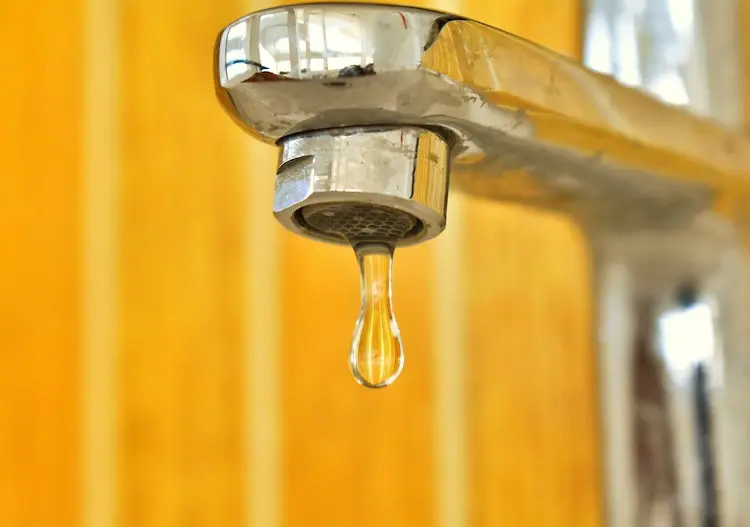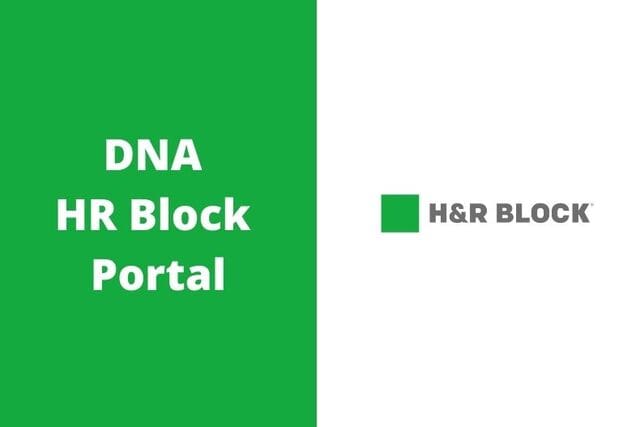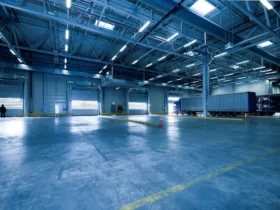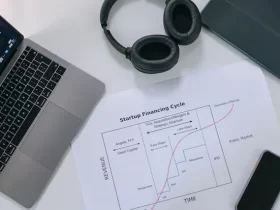As a business owner, it’s essential to keep a close eye on your commercial water usage and the corresponding costs. With the current economic climate, reducing expenses wherever possible is crucial for the survival and success of your business. In the United Kingdom, water and sewerage bills account for a significant expenditure for businesses, and it’s vital to explore cost-saving options. According to research, most businesses in the UK have been paying up to £500 more on their water bills per year than they need to. This highlights the importance of analyzing your water rates and investigating money-saving solutions.

This informative blog post will provide you with the top ways to save money on your commercial water usage. We will compare water rates, tariffs, and allowances available to businesses in the UK, as well as the latest government initiatives for cost-effective water management. We will also give you valuable tips and advice on how to identify water wastage, reduce consumption and improve efficiency within your organization. Our aim is to empower
1. Understand how water rates are calculated in the UK
The calculation of water rates in the UK is based on a charging structure that takes into account your water consumption, the volume of wastewater generated, and the cost of providing water and wastewater services. The calculation of water rates also considers factors such as whether the water is supplied by a private or public water company, the location of your business, and the type of industry you are in. By understanding how water rates are calculated, you can identify opportunities to reduce your water usage and find ways to negotiate better rates with your water supplier, ultimately saving your business money on its water bills.
2. Check for leaks and repair them promptly
Leaks can cause significant wastage and can also result in higher maintenance costs in the long run. Checking for leaks can be as simple as reviewing your water meter readings regularly, monitoring your water consumption patterns, and visually inspecting your system’s pipes and connections for visible signs of damage or deterioration. Any suspected leaks should be addressed immediately to prevent further water loss and to minimize expenses related to repairs. Regular maintenance and repair of your water supply system can help reduce water waste and protect your business from incurring unnecessary expenses.
3. Use water-saving devices and technologies
Water-saving devices and technologies such as low-flow toilets, shower heads with aerators, and programmable irrigation systems can help to reduce unnecessary water waste in your commercial building. By making smart choices and investing in water-saving devices and technologies, you can make a significant impact on reducing your commercial water usage. In addition to their water-saving capabilities, many of these devices are also designed to operate more efficiently, reducing your overall energy usage and related costs. Incorporating water-saving devices and technologies into your commercial building can be a cost-effective way to reduce your water usage while improving the sustainability of your operations.
4. Implement a water management plan to monitor water usage
By monitoring water usage and identifying areas where water is being wasted or overused, you can make adjustments and reduce overall consumption. A water management plan typically involves conducting a water audit to assess current usage, identifying areas where water can be conserved or recycled, setting targets for reduction, and regularly reviewing progress. Implementing a plan can also help your business comply with water regulations and demonstrate your commitment to sustainability. It is recommended to engage the services of an experienced water management consultant to create a tailored plan that suits your specific needs and budget.
5. Consider switching to a water supplier with lower rates
With the deregulation of the water market, businesses now have the choice to switch to a different water supplier if they find a better deal. You can compare the rates offered by different water suppliers by checking their websites or contacting them directly. You can also use a water comparison website to make the process easier. By switching to a supplier with lower rates, you could potentially save a significant amount of money on your water bills.
6. Opt for water-efficient appliances and equipment
Many appliances and equipment in the market today come with an Energy Star label, which ensures that they meet certain water efficiency standards. Upgrading to water-efficient models will not only reduce your water bills and carbon footprint but also improve the quality of your products and services. Water-saving measures such as automatic shut-off devices, faucet aerators, and low-flow shower heads can significantly reduce water usage in commercial properties. In addition to reducing the water bill, using water-efficient appliances may also make you eligible for rebates and incentives available through various water utility companies.
7. Monitor water bills and usage regularly to identify areas for improvement
By regularly checking your water bills and comparing it to your usage, you can identify areas for improvement and make appropriate changes. This can include implementing water-saving technologies and devices, such as low-flow toilets and faucets, as well as repairing leaks in your plumbing systems. By doing so, you can not only save money on your commercial water usage but also reduce your overall environmental impact. Be sure to prioritize regular water bill and usage monitoring as a crucial step in your efforts to save on water costs and promote sustainable business operations.
8. Use water meters to track usage and identify any issues or inefficiencies
Water metering has proven to be an extremely useful tool to help identify any inefficiencies, leaks or other issues that can result in excessive water usage and potential financial loss. By accurately measuring water usage, businesses can identify any discrepancies or inefficiencies and take suitable steps to address these issues, thereby reducing costs and minimizing water wastage. Investing in water metering technology can lead to greater transparency and more precise control over water usage, which can help businesses improve their overall sustainability efforts while reducing their environmental impact.
9. Negotiate with your water supplier for better rates
The concept of negotiating may seem intimidating, but it can yield significant cost savings in the long run. Water suppliers are often willing to work with their customers to find mutually beneficial solutions that accommodate their budget requirements. Before beginning the negotiation process, ensure that you have a clear picture of your commercial water usage and any potential areas of improvement. Having this information on hand will give you a strong foundation for entering into discussions with your supplier.
10. Encourage employees and tenants to adopt water-saving habits and practices.
One of the most effective ways to save money on commercial water usage is by encouraging employees and tenants to adopt water-saving habits and practices. This approach not only reduces water consumption but also contributes to a culture of sustainability in the workplace. Simple changes, such as fixing leaks, installing low-flow faucets, and using water-efficient appliances, can have a significant impact on water bills. It is important to educate employees and tenants about the benefits of saving water and provide them with the necessary resources to do so. This may include information packets, posters, and training sessions on water-saving techniques.
In conclusion, reducing your commercial water usage can significantly save your business money. Implementing simple measures like fixing leakages, installing water-efficient devices, and utilizing rainwater harvesting can help reduce your water bill. It is also recommended to compare water rates regularly to ensure you are getting the most competitive prices. By putting these measures in place, your business can reduce its carbon footprint while saving money, ultimately benefiting both the environment and your bottom line.











